
The Great Rebalancing
Trade, Conflict, and the Perilous Road Ahead for the World Economy
Read offline
Recommendation
No mystery surrounds the 2008 financial crisis and its enduring aftermath, according to finance and economics professor Michael Pettis; it is a direct result of global capital and trade imbalances that have accumulated over time. The common misconception is that trade or country-specific spending cultures – for instance, China’s market controls, Germany’s penchant for savings, Greece’s lackadaisical attitude, and America’s greedy bankers and spendthrift consumers – cause such imbalances. However, Pettis says the real cause is that countries follow destabilizing policies that create dangerous disparities between what they produce and what they consume. The ongoing crisis will persist, he warns, until governments correct these imbalances, but that could result in a decade of slow growth for China and painful adjustment for Germany. Understanding macroeconomics will help your comprehension of this thesis, which some readers may find controversial or too theoretical. Nonetheless, getAbstract believes this text offers an intriguing, alternative take on what led to – and could help solve – the global crisis.
Summary
About the Author
Michael Pettis, a professor of finance and economics at Peking University, is also a senior associate at the Carnegie Endowment and the author of The Volatility Machine.


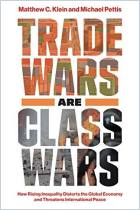
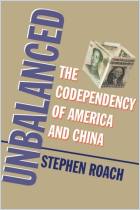

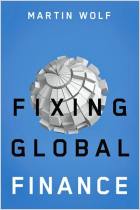
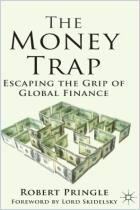
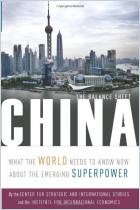
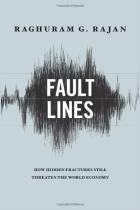


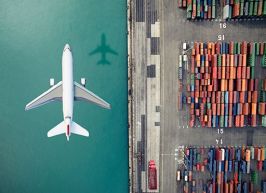
Comment on this summary